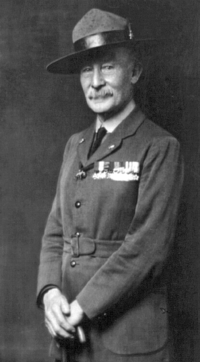 On January 31 of 1801, lame-duck U.S. President John Adams appointed John Marshall Chief Justice of the Supreme Court. Such appointments often backfire; Eisenhower would later bitterly regret elevating Earl Warren to Marshall’s old job. And at the time it was largely seen through the partisan lens of Adams’ effort to stack the judiciary against his hated rival Thomas Jefferson. But it turned out to be one of the greatest appointments in American history.
On January 31 of 1801, lame-duck U.S. President John Adams appointed John Marshall Chief Justice of the Supreme Court. Such appointments often backfire; Eisenhower would later bitterly regret elevating Earl Warren to Marshall’s old job. And at the time it was largely seen through the partisan lens of Adams’ effort to stack the judiciary against his hated rival Thomas Jefferson. But it turned out to be one of the greatest appointments in American history.
Adams had originally offered the job to another leading member of what was fast becoming the Federalist party, John Jay. But Jay turned it down partly on the grounds that the Supreme Court had insufficient "energy, weight, and dignity." Which might sound like a weird thing to say given the importance of the judiciary in the American system of checks and balances. But it was in fact not clear in 1801 that the Court was an equal branch or that it could, in fact, invalidate statutes as unconstitutional.
It was Marshall himself, whose skilful and congenial guidance included changing the practice of each judge issuing his own opinion to the presentation of a majority or even unanimous consensus, who made the Court what it has been since. And the critical turning point was Marbury v Madison in 1803 in which a unanimous Court struck down portions of the Judiciary Act of 1789 as unconstitutional.
It was, interestingly, the only time in his 35 years as Chief Justice that the Marshall Court declared an Act of Congress unconstitutional. And it was one whose practical impact pleased the incumbent President and Congress even though they were Jeffersonian Republican foes of the Federalist Party, which probably helped it avoid becoming a focus for partisan wrangling. But however that may be, it was a crucial step in the evolution of the American system to the point that one prominent constitutional scholar declared that only when Marshall finished reading the court’s opinion in Marbury v Madison was the Grand Convention that wrote the Constitutional entirely adjourned.
As for John Adams, who spent a long and productive life in service of his country, he later said "My gift of John Marshall to the people of the United States was the proudest act of my life." It may also have been his most effective.






